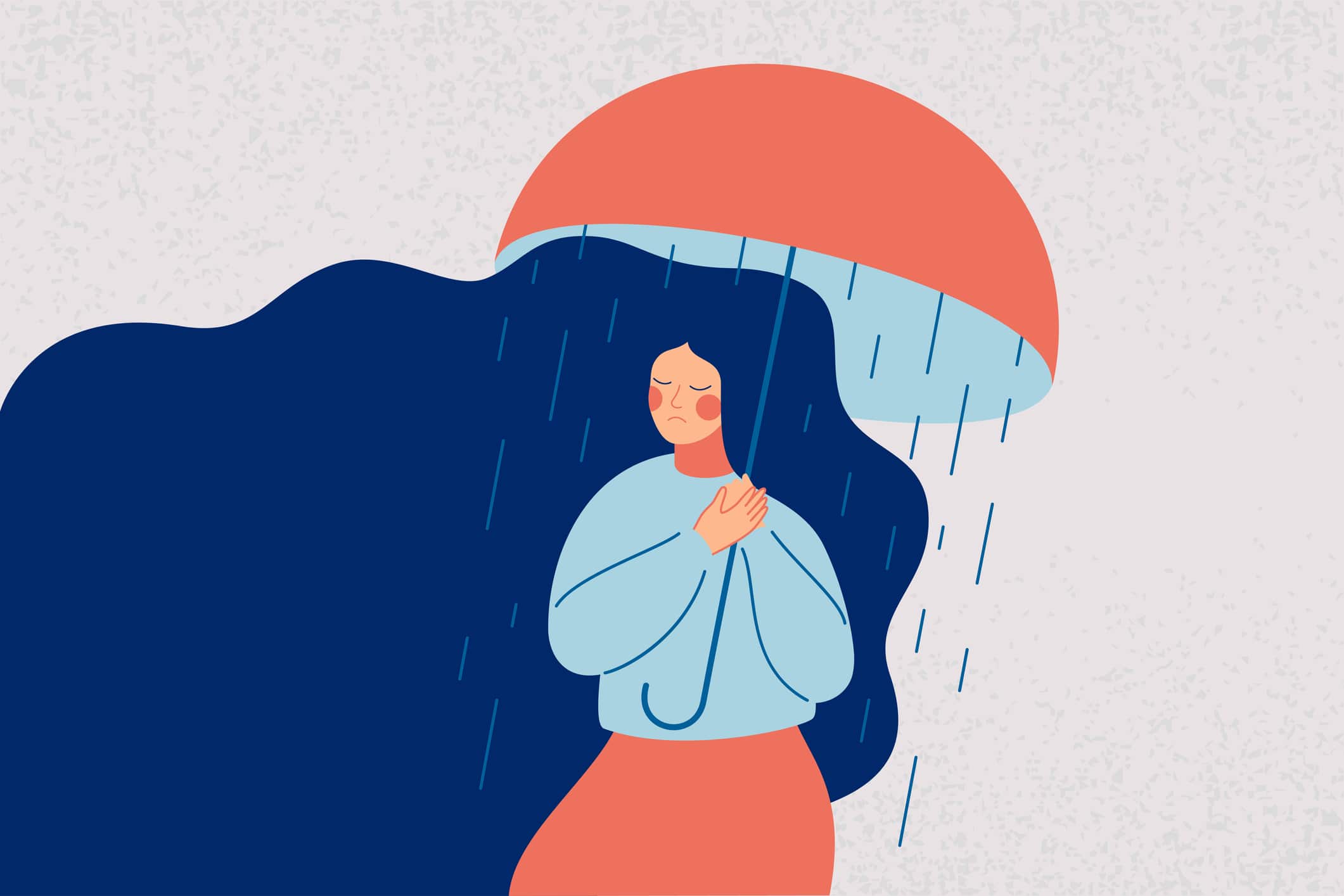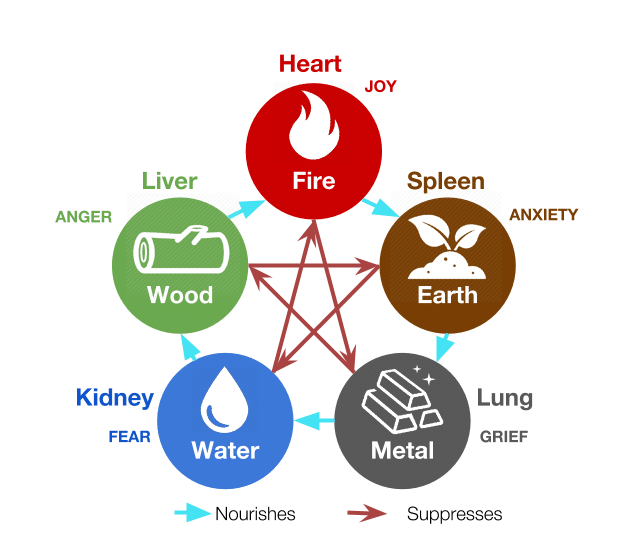
What is Depression?
When you are suffering from depression, it can feel as if nothing can help. However, Acupuncture and Chinese Medicine can reduce the symptoms of depression.
Depression is more than feeling a little bit down. Depression involves changes to your emotions, thoughts and behaviour. Signs of depression include; feeling sad, irritable, numb or empty, losing pleasure in activities, and withdrawing from friends or family. People often have trouble functioning in personal, family, or work settings when depressed.
Other signs of depression are:
- Difficulty concentrating;
- Fatigue;
- Changes in sleeping patterns, difficulty sleeping or sleeping too much;
- Changes in weight;
- Negative thoughts and feelings;
- Worrying or feeling hopeless about the future;
- Thinking of suicide.
If you or a loved one are struggling with depression, there are many useful resources available, try https://www.beyondblue.org.au/ or https://headspace.org.au/assets.
Treatment for depression
Anti-depressants are standard treatment for depression. Antidepressants include selective serotonin reuptake inhibitors (SSRIs) and tricyclic antidepressants (TCA’s).
However, as many as 30% of people are only partially responsive or non-responsive to these treatments (Armour et al., 2019). Because of this, many people try complementary medicine such as acupuncture to help depression (Armour et al., 2019).
Many people with depression also suffer from stress and anxiety, see how acupuncture can help anxiety – https://www.acunaturalhealth.com.au/acunpuncture-for-stress-and-anxiety/.
How can Chinese Medicine treat depression?
Chinese Medicine (CM) has a long history of treating the mind and body as a whole. Acupuncture and herbal formulas are used to treat depression in many East Asian Countries.
In CM, depression is either due to not having enough Qi, or caused by a blockage to the flow of Qi.
A person will feel moody, tense, agitated or short-tempered if they have depression caused by a blockage to the flow of Qi.
A person who doesn’t have enough Qi may suffer more from fatigue, anxiety, lack of confidence, poor memory, and sleep problems.
Many things can deplete a persons’ Qi. Physical factors such as overwork, irregular or poor diet, physical pain or chronic illness deplete Qi. For instance; childbirth can deplete the body and without enough rest or support, women are at risk of post-partum depression. Thyroid or other hormonal imbalances are another common cause of depletion.
Emotional or psychological factors can also deplete Qi. For instance; worry, grief, and long-term stress can exhaust the Qi.
In CM, the emotions are seen to be associated with the internal organs. The emotions and the internal organs can affect each other. For example, the lungs are associated with grief and grief can damage the lungs over time.
Any condition which has not been resolved can affect the smooth flow of Qi or deplete Qi and lead to depression.
A Chinese Medicine Practitioner will determine which pattern of disharmony a person has and which organs of the body are affected.
Chinese medicine treatment aims to restore the smooth flow of Qi to all of the body and to the emotions.

Evidence for Acupuncture for Depression
Modern scientific trials confirm that acupuncture and Chinese medicine can help depression. For instance, Li (2019) found that acupuncture reduced depression compared with SSRIs.
There are also scientific trials confirming that acupuncture can be used in combination with Western anti-depressants. Studies show that acupuncture combined with SSRIs reduces depression compared with SSRIs alone (Li, 2019).
Various studies have compared the incidence of side effects from acupuncture compared with antidepressant drugs and have found that acupuncture has fewer side effects (Li, 2019).
A combination of acupuncture and Western medicine can work well for many people with depression.
Evidence for Chinese Medicine for Depression
Recent scientific studies have also explored CM herbal formulaes used for depression. For example, Xiao Yao San is an effective antidepressant (Jing et al., 2015). Clinical studies have shown Xiao Yao San is as effective as standard Western anti-depressants in the treatment of postpartum depression (Li et al., 2016; Yang et al., 2018). Because different herbal formulae suit different patterns of depression, please see a professional before taking Chinese herbal formulae.
What can I expect from an Acupuncture or Chinese medicine appointment?
A Chinese Medicine practitioner will generally begin the consultation by asking you questions about the way depression affects you, and also about your general health. The practitioner will then insert fine acupuncture needles in different parts of the body. This is generally not painful but there may be a dull achy sensation that most people can tolerate.
It will take at least six sessions of Acupuncture to relieve symptoms of depression, chronic depression may require some months of treatment.
Why not call Jane and ask how Acupuncture or Chinese Medicine could reduce your symptoms of depression and improve your wellbeing. Contact Acunatural health today.

Leave a Reply